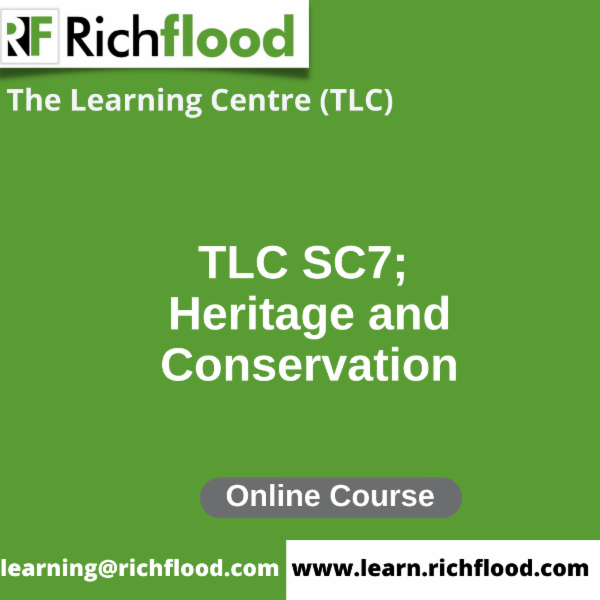There are no items in your cart
Add More
Add More
| Item Details | Price | ||
|---|---|---|---|
Heritage refers to the cultural, historical, natural, or archaeological assets that are passed down from one generation to the next. These assets are considered to be of significant value to society, as they provide a connection to the past and inform our understanding of the present. Heritage can take many forms, such as buildings, landscapes, artifacts, traditions, and customs. Conservation, on the other hand, refers to the practice of preserving, protecting, and managing heritage assets (McKercher, B., and Du Cros, H.2002). The goal of conservation is to ensure that these assets remain accessible and relevant to future generations. Conservation involves a range of activities, such as research, documentation, maintenance, restoration, and interpretation.
Heritage conservation is important for several reasons. Firstly, it helps to preserve the unique identity and character of a community or nation. Secondly, it contributes to economic development by attracting tourists and supporting local businesses. Thirdly, it promotes social cohesion by fostering a sense of shared history and identity. Conservation efforts face many challenges, including limited funding, conflicting interests, and changing cultural attitudes. Nevertheless, the preservation of heritage assets is a vital and ongoing task that requires the participation and cooperation of many different stakeholders, including government agencies, heritage organizations, and the general public.
Join millions of learners from around the world already learning Environmental Management Courses on our TLC online learning Portal.
